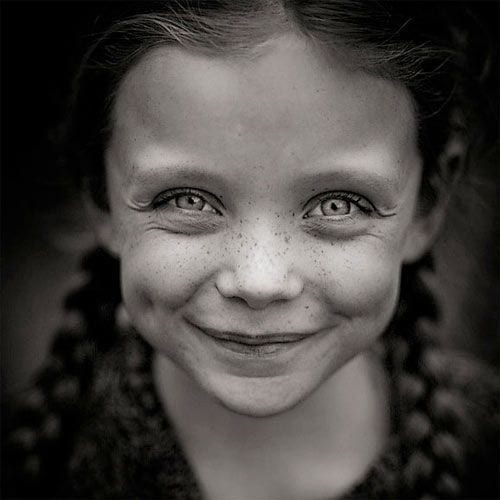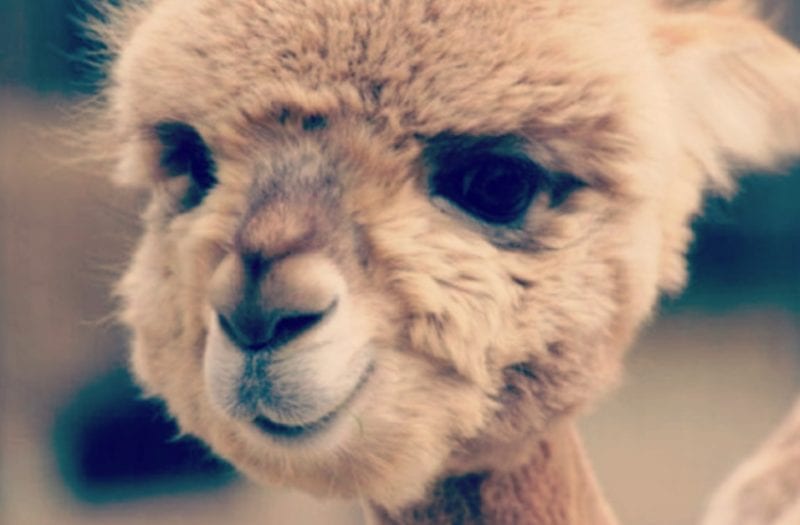Dimples are often described as cute and adorable although, and most of us want to have them when we smile. Not many know though that medically, this delightful feature is considered a deformity. Whoa! So, why do some people have dimples and does it affect their personality?

Dimples are a genetic deformity
As we already mentioned, dimples are a tiny deformity which is caused by shortened face muscles. It has been found that during embryonic development, the connective tissue around the mouth and face area, called the mentalis muscle, does not form properly. This leaves gaps in the skin, causing dimples in the cheeks, chin, and even on your back.
Dimples are inherited
If both parents have dimples, the child has a 50-100% chance of inheriting dimples (dependent on the parents’ genetic makeup). This is because the gene in which dimples occur is passed on to the children, and the dimple-creating genes appear in the cells before reproduction, so there’s not much chance of escaping dimples if your parents have them. However, the gene has to be dominant to carry on to the child, so determining whether or not your child will have dimples cannot be conclusive.

Dimples don’t necessarily appear in every generation
Although dimples rely on genetics, the dimple gene doesn’t appear in each generation. The dimple gene can be suppressed while reproduction occurs in the womb. This can mean that the gene can lie dormant in your family’s genetic makeup for up to five generations before they show themselves. Quite literally.
What’s the difference between a cleft chin and a chin dimple?
A chin dimple is very similar to the cheek dimple and is sometimes very subtle. The cleft dimple is much more prominent on the chin and produces a deeper gap and shadow on the face.
How do we know what personality traits they have?
There is no way to know exactly how dimples affect someone’s personality. Genetically, it does not seem like this deformity affects the brain structure or personality makeup. However, many people have based their judgments on celebrities and TV personalities that do have cheek or chin dimples.

They have different personalities
From this kind of research, it can be said that those with dimples crave stardom. They are often attention seeking, they are funny and fun to be around, they can be incredibly flirty individuals, they have a carnal air about them, and they are very emotional. They tend to cry when emotions run too high, whether happy or sad. Examples of these kind of characters are Russell Crowe, Adele, John Travolta, Katy Perry and Sandra Bullock. Those with cleft chins a.k.a much deeper dimples, are said to be even more attention-seeking and even more emotional and amorous than those with subtle dimples. How much truth there is to this has yet to be determined.
What can be done?
If a person feels uncomfortable with their dimples and has spent their life feeling self-conscious, there are ways to help them. Because of the nature of the gap in the muscle, dimples can never be removed. However, there are procedures that can reduce dimple size. This procedure involves using soft tissue fillers like Restylane and Juvederm to fill the gap where the dimples lie. But this only covers the shadow of the dimple, and will not remove it completely.
How to get dimples
Dimples are a naturally occurring phenomenon and only appear in those with the dominant dimple gene. But to some, dimples are seen as incredibly attractive, and many wish that they could have dimples themselves. There is no real way to get dimples, but many try using piercing, chin and cheek plugs, as well as pushing objects into the cheeks to create the same effect.
